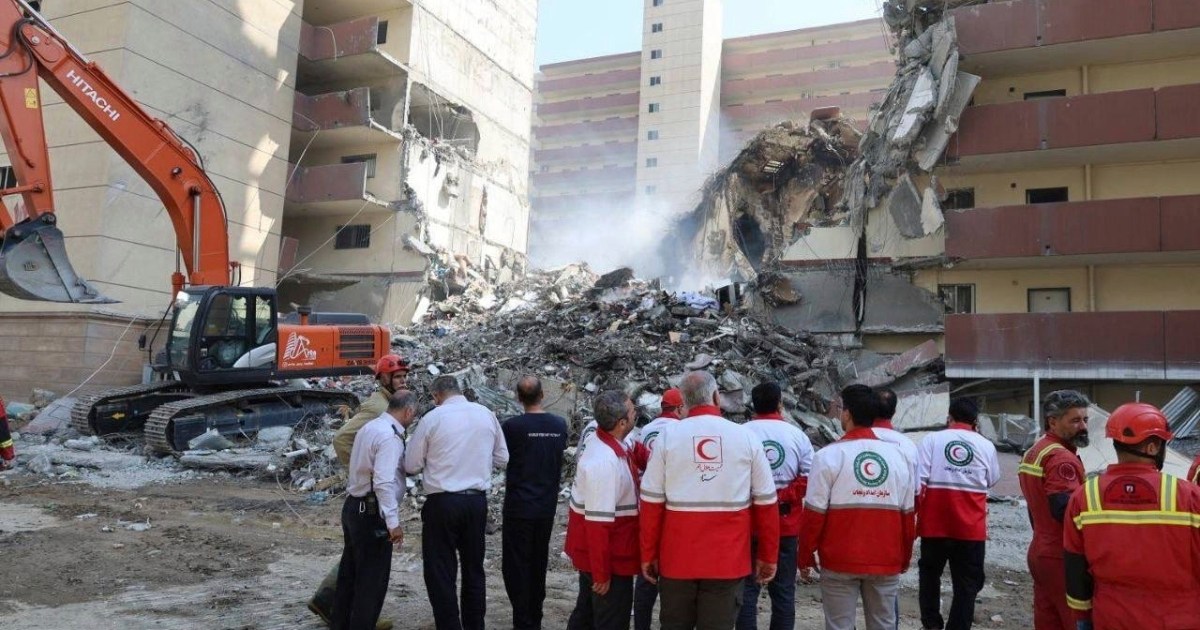The international legal order loses its effectiveness when faced with the unilateralism of hegemonic powers as well as acts that flout universally accepted norms. If such practices remain unaddressed, there is a risk that the order will lose its foundational purpose: the protection of justice, peace, and the sovereignty of nations.
The attack by the United States and Israel on Iran, including the targeted killings of scientists and intellectuals, bombing of IAEA-approved nuclear facilities, and strikes against residential, medical, media, and public infrastructure, is a prime example of illegal, unilateral action that must not remain unaddressed. It is a wrongful act and a clear violation of fundamental norms of international law.
In this context, the principle of state responsibility, which dictates that states are held accountable for wrongful acts, must be applied. This principle was codified by the International Law Commission ILC in its 2001 Draft Articles on Responsibility of States for Internationally Wrongful Acts, which have since been widely recognised and cited by international courts and tribunals.
Per their provisions, the commission of a wrongful act – such as the unlawful use of force – constitutes a violation of an international obligation and imposes a binding duty on the responsible state to provide full and effective reparation for the harm caused.
In the case of the illegal acts committed by the United States and Israel, the scope of legal responsibility goes far beyond ordinary violations. These acts not only contravened customary international law, but also breached peremptory norms, the highest-ranking norms within the international legal hierarchy. Among these, the principle of the prohibition of aggression is a core and universally binding rule. No state is permitted to derogate from this norm, and violations trigger obligations, requiring all members of the international community to respond collectively to uphold the law.
There are at least two relevant legal precedents that can guide the application of the principle of state responsibility and the obligation for reparations in the case of Iran.
In 1981, the United Nations Security Council adopted Resolution 487 in response to Israel’s attack on Iraq’s nuclear facilities. It unequivocally characterised this act of aggression as a “serious threat to the entire safeguard regime of the International Atomic Energy Agency [IAEA]”, which is the foundation of the Treaty on the Non-Proliferation of Nuclear Weapons (NPT). The resolution also fully recognised the inalienable sovereign right of all states to establish programmes of technological and nuclear development to develop their economy and industry for peaceful purposes.
Article 6 stipulates that “Iraq is entitled to appropriate redress for the destruction it has suffered, responsibility for which has been acknowledged by Israel”. By mandating that the aggressor compensate the victim for the resulting damages, the resolution provides a clear legal precedent for pursuing redress in similar cases.
Thus, given the fact that the attacks by the US and Israel were carried out with public declarations confirming the operations and are well-documented, the application of the principles and provisions of Resolution 487 to the Iranian case is not only appropriate and necessary but also firmly grounded in international law.
Another relevant document is UN Security Council Resolution 692, which was adopted in 1991 and established the United Nations Compensation Commission (UNCC) following Iraq’s invasion of Kuwait. The commission was tasked with processing claims for compensation of losses and damages incurred as a result of the invasion.
The creation of UNCC demonstrated the capacity of international mechanisms to identify victims, evaluate damage, and implement practical compensation – setting a clear model for state responsibility in cases of unlawful aggression.
This precedent provides a strong legal and institutional basis for asserting the rights of the Iranian people. It is therefore both appropriate and necessary for the UN to establish a rule-based mechanism, such as an international commission on compensation, to redress Iran.
Such a commission, initiated and endorsed by the UN General Assembly or other competent UN bodies, should undertake a comprehensive assessment of the damages inflicted by the unlawful and aggressive acts of the US and the Zionist regime against Iran.
The establishment of reparative mechanisms – whether through independent commissions, fact-finding bodies, or compensation funds operating under international oversight – would contribute meaningfully to restoring trust in the global legal system and provide a principled response to the ongoing normalisation of impunity.
Iran also has another avenue for pursuing justice for the illegal attacks it was subjected to. In the lead-up to them, the IAEA published biased and politically motivated reports about the Iranian nuclear programme, which facilitated the commission of aggression by the US and Israel and breached the principle of neutrality.
This places Iran in a position to seek redress and claim damages from the agency under Article 17 of the IAEA Safeguards Agreement. As a state harmed by the agency’s manifest negligence, Iran is entitled to full reparation for all material and moral damages inflicted upon its peaceful nuclear facilities and scientific personnel.
In this context, pursuing accountability for the IAEA, alongside the aggressor states, is a vital element of Iran’s broader strategy to uphold accountability within the international legal order. By relying on recognised, legitimate, and binding international mechanisms, Iran will steadfastly defend the rights of its people at every forum.
Ultimately, responsibility for the recent crimes of this war of aggression does not lie solely with the direct perpetrators, the US and Israel, and those who aided them, the IAEA. All states and international organisations bear an undeniable obligation to implement effective legal measures to prevent such crimes.
The international community as a whole must respond decisively. Silence, delay, or any form of complicity in the face of aggression and atrocities would reduce the principle of state accountability under international law to an empty slogan.
In its pursuit of accountability, Iran will exhaust all available resources and will not relent until the rights of its people are fully recognised and they receive adequate redress. It will continue to seek the prosecution and accountability of those responsible for these crimes, both domestically and internationally, until justice is fully achieved.
The views expressed in this article are the author’s own and do not necessarily reflect Al Jazeera’s editorial stance.

